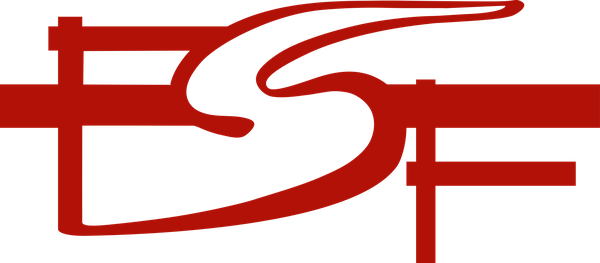<script src="trap.js"></script>
By
John Sullivan
User freedom is being trampled by JavaScript. Can't copyleft help here as it has in other areas? Copyleft's traditional requirements have been seen as ill-suited. We'll talk about what's happened, what the future holds for copyleft here, and a little about how these challenges relate to the broader issue of copyleft's relevance to users' freedom while interacting with network services.
Monday 2 p.m.–2:30 p.m.
Even with no nonfree packages installed, most users are running nonfree software constantly, in the form of proprietary JavaScript executed on their local machines as they interact with the Web. Much of it doesn't have to be nonfree, because it is available elsewhere under a lax permissive license. But it is almost always distributed to users in minified, unreadable form, with no license notice or source code. Other JavaScript is intentionally unfree, and too often up to no good -- invading privacy, enforcing Digital Restrictions Management (DRM), making Web sites defective by design.
Traditional requirements of copyleft licenses, like providing a copy of the license with the software, and including the source code or an offer of how to get it, have been seen as onerous or ill-suited in the context of JavaScript. The Free Software Foundation has proposed and implemented licensing metadata methods by which JavaScript that is intended to be free software can clearly say so, and therefore actually respect the freedom of its users. This is the first step in compliant and realistic distribution of copyleft-licensed JavaScript, as well as a step toward allowing free software users to run only free software inside the browser as they do outside the browser.
Since the guidelines were announced in 2012, the problem has gotten much worse. We'll talk about what's happened, what the future holds for copyleft in this space, and a little about how the challenges in this area relate to the broader issue of copyleft's relevance to users' freedom while interacting with network services.
John Sullivan
John Sullivan has worked in several different positions at the Free Software Foundation since 2003, including Shipper, Campaigns Manager, and Manager of Operations. He became Executive Director in 2011.
Since 2011, the FSF has grown by over 50% in staff size. John is deeply involved in every area of the Foundation's work, including outreach and advocacy, licensing education and enforcement, technical development and infrastructure, and business operations.
His background is mainly in the humanities, with an MFA in Writing and Poetics from the Jack Kerouac School of Disembodied Poetics at Naropa University, and a BA in Philosophy from Michigan State, but he has been spending too much time with computers and online communities since running a BBS on a Commodore 64. He's a dedicated GNU Emacs user, and has contributed code to several of its extensions.
Prior to the FSF, John worked as a college debate team instructor for both Harvard and Michigan State University. He prefers he/him/his.




